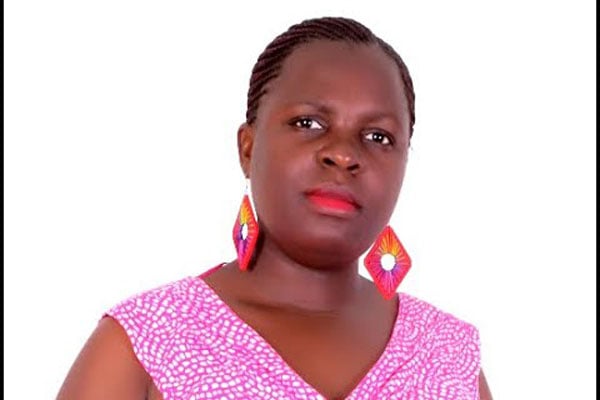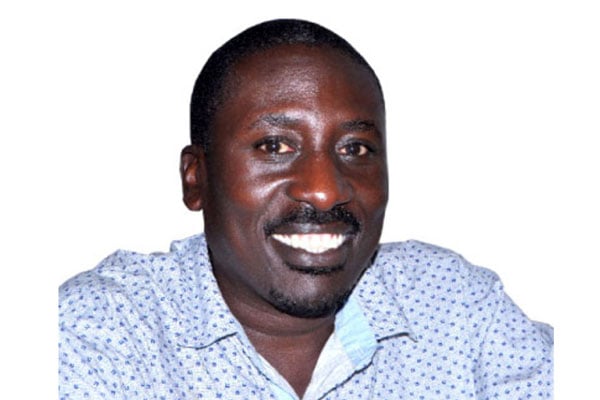
Author: Regina Asinde
In recent months, Uganda has seen a surge in complaints from women—particularly widows and single mothers—concerning land rights. Most cases involve widows who have lost access to their matrimonial land after the death of their husbands, often at the hands of the deceased's relatives.
The ancestral system, deeply embedded in cultural tradition, dictates that land passes from one generation to the next through male family members. Once a man marries, this land, often referred to as "family land," becomes the couple’s source of livelihood. Although the woman contributes labour, manages agricultural yields, and sustains the household, this land does not belong to her, and she often lacks recognised rights to it if the marriage dissolves or her husband dies.
The recently proposed Marriage Bill 2024 claims to be progressive in granting equal property rights to spouses. However, its exclusion of ancestral property from the definition of matrimonial property could jeopardise the security of thousands of women. Under this proposed law, if a marriage ends or if one spouse dies, ancestral land will not be considered a shared asset, meaning it is not subject to division even if the other spouse contributed significantly to its upkeep. While this clause aims to preserve family heritage, critics argue it effectively disempowers spouses, primarily women, who are left with no legal rights to land they may have helped cultivate and maintain for years.
To understand the likely impact of this Bill, one need only consider the case of my late grandmother. In 2000, after more than 70 years of marriage, my late grandfather declared that he wanted to separate from her, hoping to marry a younger woman. My late grandmother, who had spent her entire life on the family land, helping raise their children and managing the farm, was at risk of displacement with nowhere to go. In the end, her sons—my father and uncle (all now deceased)—secured a portion of the family land for her using the argument that since their father had inherited the land from which he was pushing their mother off, from his father, he should give them their portion on which they settled grandmother, allowing her to retain some stability. But had this land not been classified as family land, my grandmother could have faced permanent displacement. If it hadn’t been for her sons claiming a portion of the family land, my grandmother would have been left homeless, with no recourse.
This scenario exemplifies the real-life stakes for countless women if the Bill is passed in its current form. For many families, ancestral land is the primary, and often only source of livelihood. With no explicit protections in place for women’s rights to ancestral property, the Bill essentially enables male relatives to take sole control of such land. Women who have dedicated their lives to managing and cultivating family land would thus be stripped of their homes and livelihoods when a marriage ends or a spouse dies.
The government’s approach to balancing tradition with women’s rights is commendable but deeply flawed if it prioritises male inheritance customs over equal marital rights. The Marriage Bill’s exclusion of ancestral property from matrimonial property does not account for the countless hours women invest in family land, nor does it consider the vulnerability they face upon marital dissolution or widowhood. The law must recognise that all property—whether ancestral, gifted, or self-acquired—ought to be subject to equitable division, particularly when both spouses have contributed to its maintenance.
DTo secure a fair future for women, the Marriage Bill 2024 must be amended to provide equal property rights before, during, and after marriage, regardless of ancestral claims. Exempting ancestral property from matrimonial protections will only perpetuate the cycle of displacement, hardship, and loss experienced by women like my grandmother and others who are denied recognition for their lifelong contributions to family prosperity. For Uganda to build a fair and equitable society, it must enact laws that protect, rather than undermine, the rights of its women.
The author, Regina Asinde is an author and Human Rights Defender working with LERWA-Land and Environmental Rights Watch Africa, based in Tororo







